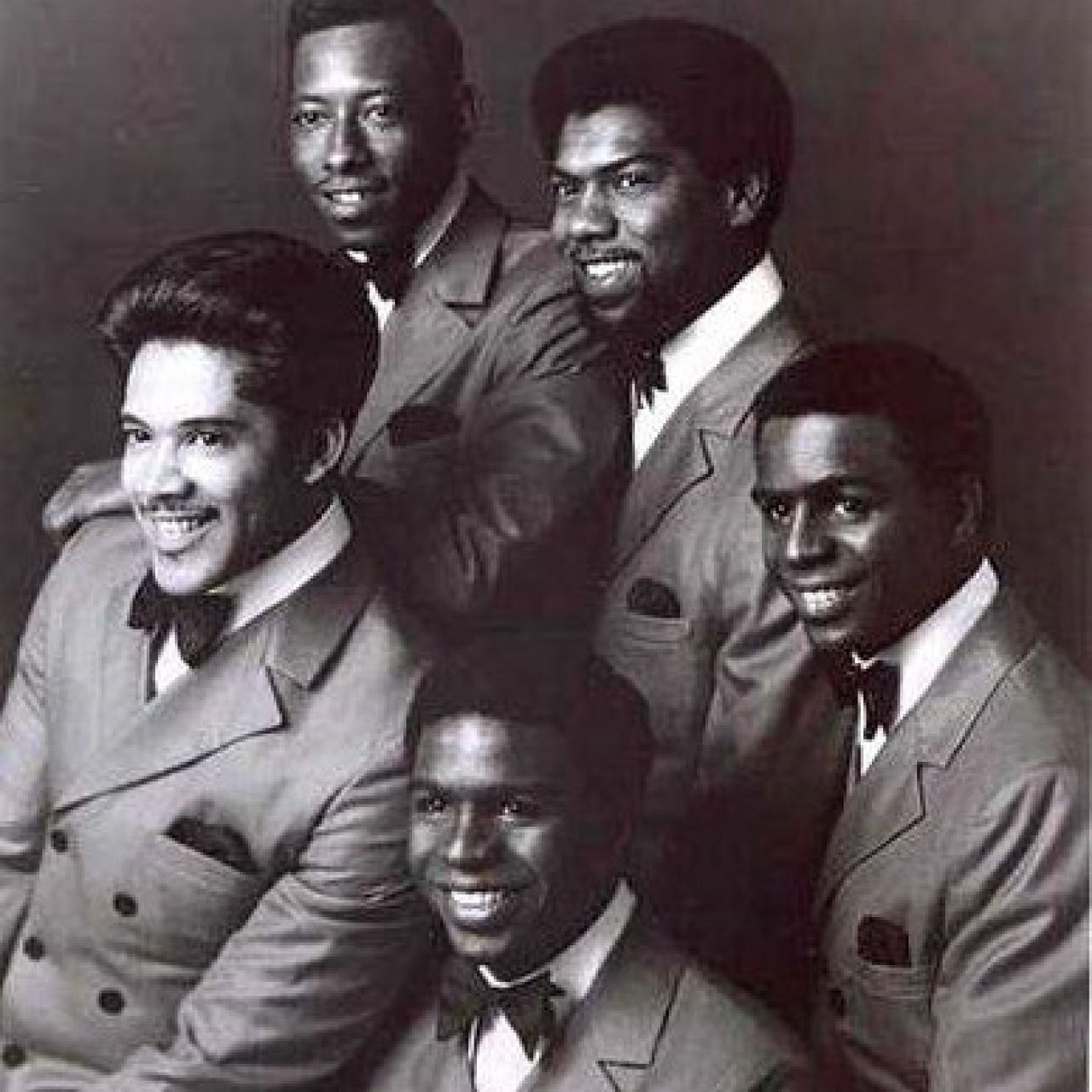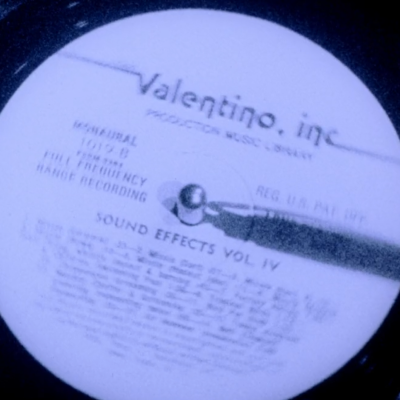Los Angeles vocal troupe The Whispers are best known for their epic 80s run of boogie hits and slow jam staples. But in the decade beforehand, they established a reputation for issuing thoughtful and topical soul — an era often overlooked today.
To be certain, the quintet was only one of many whom sprinkled issue-oriented songs into their repertoire of love ballads and proto-disco dance tracks. Unlike iconic ensembles like Harold Melvin & The Blue Notes and The Dramatics; The Whispers earned only modest success for their efforts. By the time they reached the pop mainstream with Leon Sylvers and 1979’s “And the Beat Goes On,” they — like most soul acts — had begun to abandon the kind of socially conscious soul that made the 70s a high-water mark in Black music.
Formed in 1963 by the late Nicholas Caldwell and Marcus Hutson, the Eden Singers added Texas brothers Walter and Wallace Scott as well as Leavell Degree before signing to L.A. imprint Doré as The Whispers. Their 60s output didn’t yield any national hits, just regional action, but they’re full of diamonds in the rough. Tracks like “As I Sit Here” and the funky soul dance track “Do the Dip” have a brightly melodic quality enhanced by Walter’s sweet lead tenor and the group’s honeyed harmonies.
In 1968, The Whispers signed with producer Ron Carson’s Soul Clock, which yielded “Seems Like I Gotta Do Wrong,” their first major R&B success. Co-written by Dee Ervin (aka early 60s pop singer Big Dee Irwin) and Lynne Farr, the song plumbs the emotions of persistent poverty, isolation and despair with its mournful refrain, “Seems like I gotta do wrong/Before they notice me.” Peaking on the Billboard Soul Singles chart at number 6, it made the group stars among sweet soul/lowrider music fans. The underworld also embraced them for revealing the conditions that spur a life of crime. (In a 2013 Unsung documentary on the group, they said the latter audience turned against them after the 1978 anti-pimping classic “Olivia (Lost & Turned Out)”).
The Whispers never made a project focused on Black politics like The O’Jays’ Ship Ahoy. But on each album, they set aside a song or two for issues affecting the community, whether it was the Vietnam era track “P.O.W.-M.I.A. (Prisoners of War-Missing in Action)” or the hopeful optimism of “You’re Only As Good As You Think You Are.” A few of the efforts, like “Put Me in the News,” come off as didactic: “Heads of state are saying that we’re getting stronger/But welfare lines are getting longer,” sings Walter Scott. Others, like “Children of Tomorrow,” shine with the kind of positive outlook that feels hopelessly naïve today.
A final moment of topicality, “A Song for Donny,” may be their greatest of all. As the first track on their 1979 self-titled breakthrough, it pays tribute to Donny Hathaway, who died earlier that year. The ballad’s arrangement is set to Hathaway’s holiday standard “This Christmas,” and The Whispers croon with heartbreaking passion. “We miss you, Donny” they harmonize, closing one chapter and opening another.
Originally published on criticalminded.com. This post has been updated.
Humthrush.com will always be free to read and enjoy. If you like my work, leave a tip at Ko-fi.com/humthrush.


